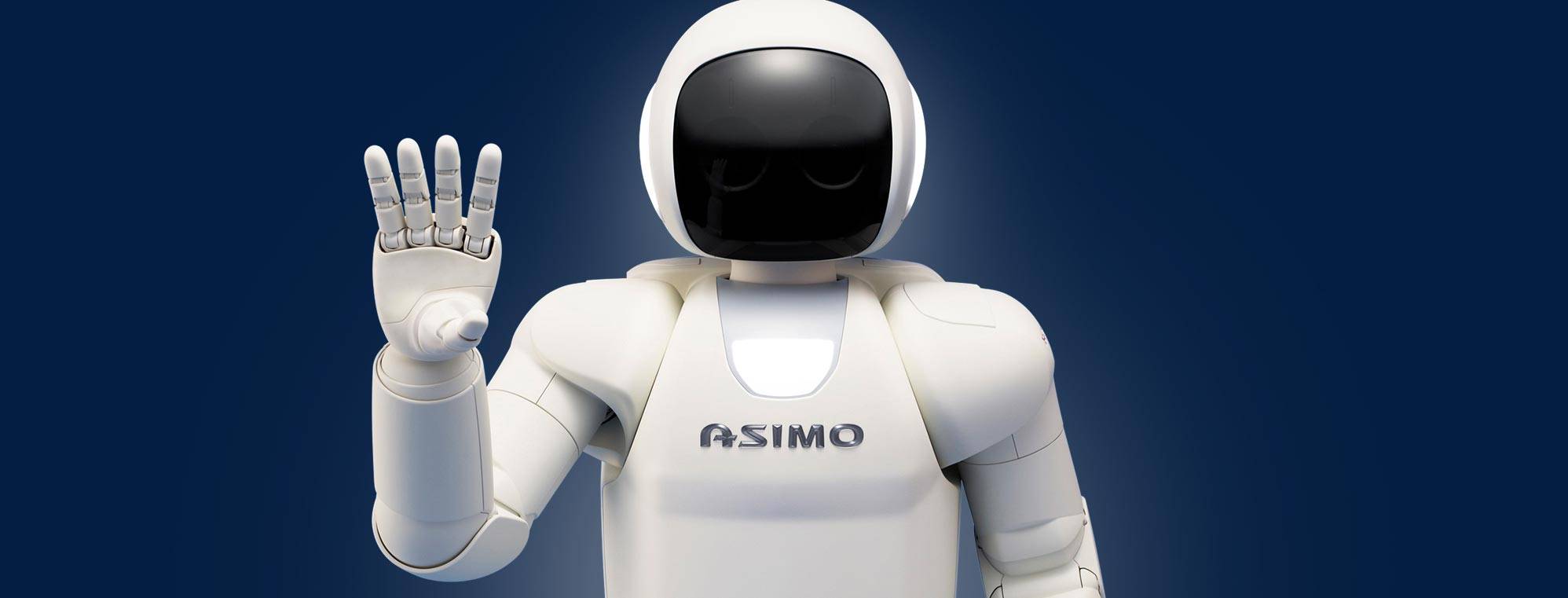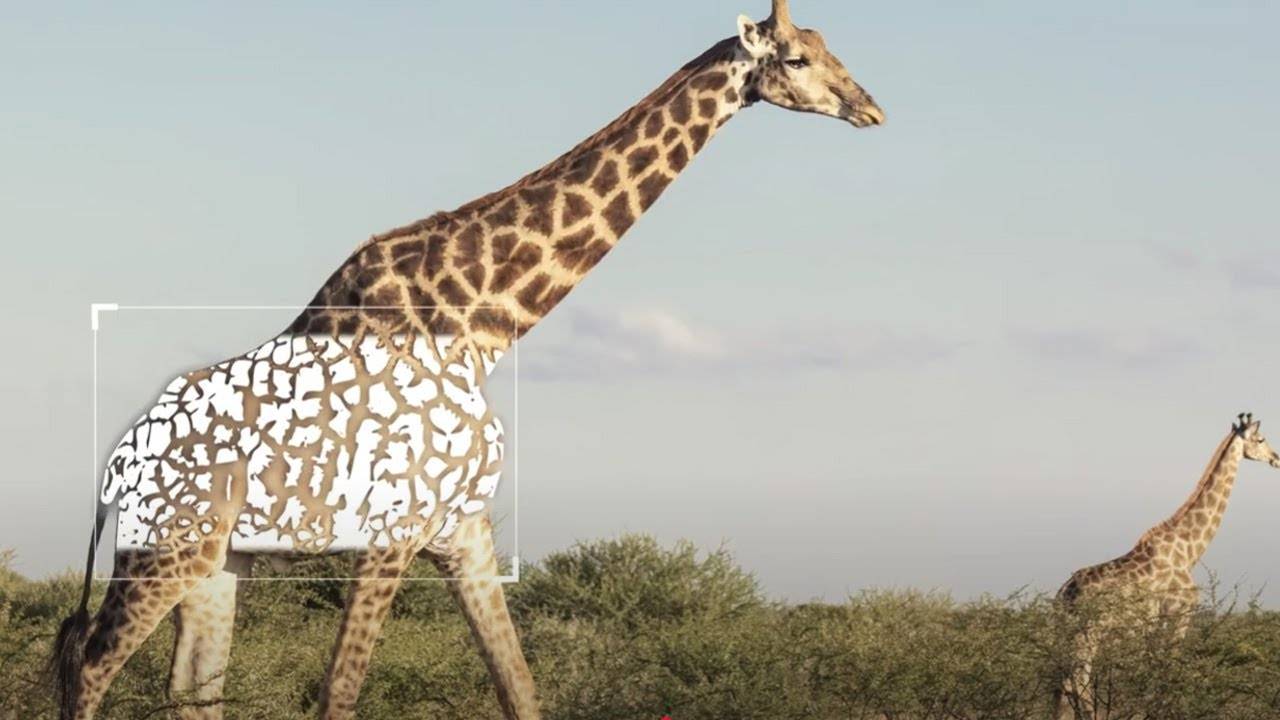What do I need to do to become a Data Scientist?
Data Science and Artificial Intelligence are two of the most fascinating and fast-growing areas in today's technological world. With the ability to transform entire industries and revolutionise the way we live, the demand for skilled professionals in these fields is constantly increasing. If you are attracted to the world of data science and have an interest in becoming a Data Scientist, at UDIT we have the most advanced university degree in Artificial Intelligence: the Bachelor's Degree in Data Science and Artificial Intelligence, where you will learn to manage, analyse and use large amounts of data, make decisions in complex environments and create innovative solutions with Artificial Intelligence. With our unique curriculum, you will delve into the technical side of AI programming and algorithms, master methodologies and the tools that are revolutionising companies.
Understand your role and responsibilities
Before embarking on the journey to become a Data Scientist, it is crucial to understand what the role entails. A data scientist is someone who collects, analyses and interprets large volumes of data to help make informed decisions. This involves a mix of skills in statistics, programming, and a deep understanding of artificial intelligence to model and predict outcomes.
Choosing the right degree
A degree in related fields such as computer science, statistics, mathematics or engineering will provide you with a solid theoretical foundation. Many universities now offer specific programmes in Data Science and Artificial Intelligence that are designed to equip you with the technical and theoretical skills needed in this field.
In our Data Science and Artificial Intelligence degree, you will have a broad and up-to-date curriculum that will prepare you to solve today's technological challenges.
Learn programming and software tools
Programming is an essential skill for any data scientist. Python and R are two of the most popular programming languages in the field of data science, known for their simple syntax and the wide range of libraries and frameworks available. In addition, familiarity with software tools such as SQL for database manipulation, and platforms such as TensorFlow and PyTorch for artificial intelligence, is crucial.
Master statistics and data analytics
A solid knowledge of statistics is fundamental to understanding and analysing data properly. This includes having a thorough understanding of statistical tests, distributions, probability, and statistical modelling techniques. In addition, learning exploratory data analysis techniques will help you interpret data and draw meaningful conclusions.
Understand the principles of Artificial Intelligence and Machine Learning
Artificial intelligence and machine learning are pillars of data science. Understanding the different types of machine learning (supervised, unsupervised, and reinforcement) and the associated algorithms is important. The ability to apply these methods to create predictive and classification models will set you apart in the field.
Build and demonstrate your expertise
Theory and knowledge are important, but practical experience is essential. Participate in data science projects, whether personal, academic or professional. Platforms like Kaggle allow you to work on real data science problems and compete with others in the field. These projects will not only give you hands-on experience, but also enrich your portfolio.
Networking and continuous learning
Data science and artificial intelligence are rapidly evolving fields. Stay up-to-date with the latest trends, technologies and best practices by attending conferences, webinars, and online courses. In addition, networking is crucial. Join data science-related communities and groups to connect with professionals in the field, which can open doors to employment opportunities.
Career opportunities
As a Data Science specialist you will be able to work in areas and positions such as:
- Data scientist.
- Machine learning engineer.
- Business-oriented data analyst.
- Developer of applications based on artificial intelligence.
- Developer of solutions based on computer vision.
- Big Data consultant.
- Developer of solutions for natural language processing.
- Data Consultant.
At UDIT we offer you a unique and winning methodology. Based on innovative and current curricula, the incorporation of technology and innovation as the backbone, training based on real projects and a unique environment where you will come into contact with the industry through masterclasses, workshops, conferences and workshops held together with companies and professionals in the sector.
If you are interested in the Degree in Data Science and Artificial Intelligence, do not hesitate to contact us. We will help you to resolve your doubts and accompany you in the process of choosing your future.









